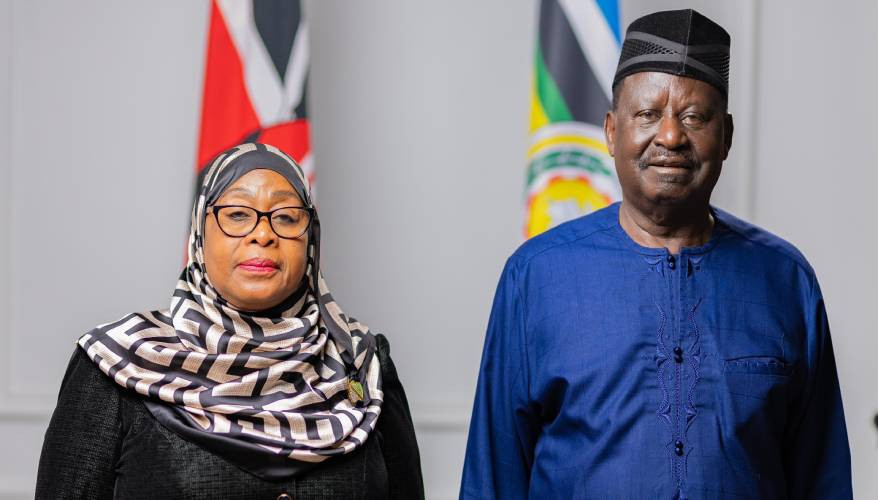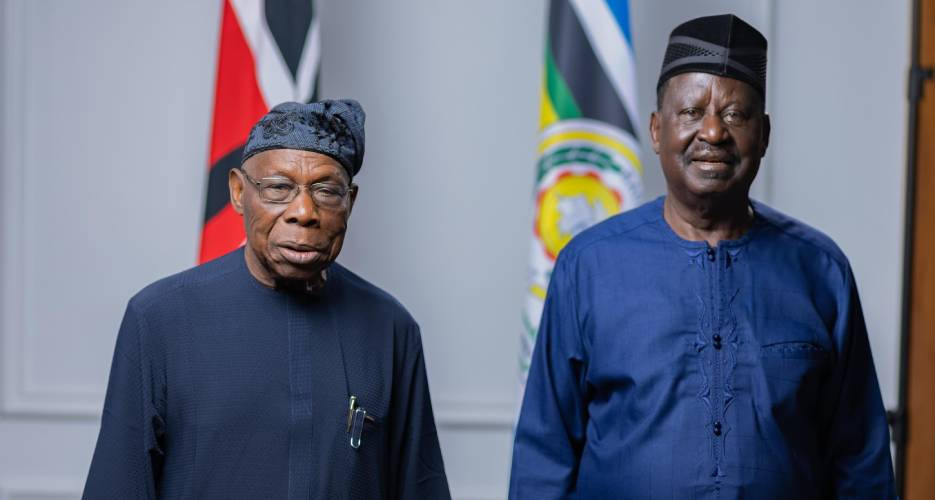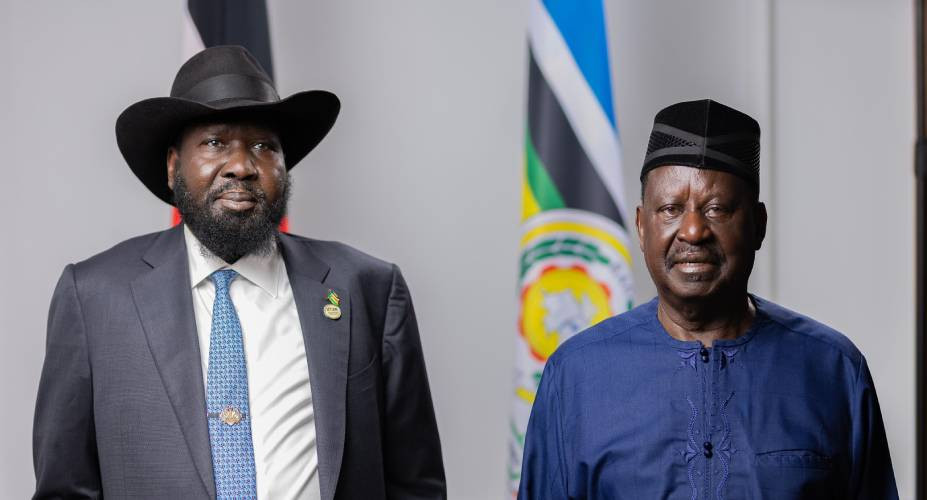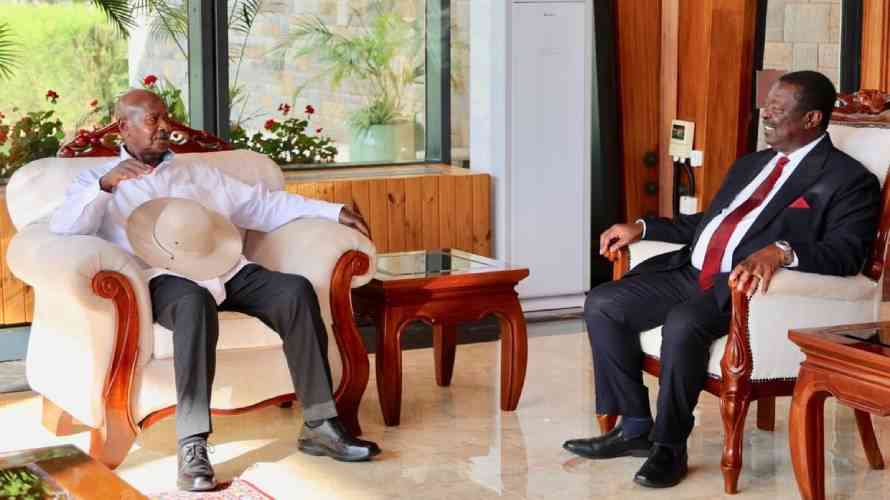Uganda President Yoweri Museveni has hit out at Embakasi East MP Babu Owino over his alleged involvement in the country’s politics.
Museveni on Tuesday at Nairobi’s State House claimed he receives intelligent reports that harbour Babu's names almost always.
ccording to Museveni, Babu Owino supports the anti-National Resistance Movement (Uganda's ruling party) and is a close ally to Ugandan opposition leader Robert Kyagulanyi Ssentamu aka Bobi Wine.
“There are some individuals in Raila's group who I don’t think know what they are doing. I am a consumer of intelligence services…I always see intelligence service reports. There's a character called Babu. I always see Babu dealing with anti-NRM groups in Uganda,” said Museveni.
The Ugandan leader remarked this while endorsing Raila Odinga for the African Union chairperson position. Museveni termed the position as a job for vision, conviction, and knowledge saying that Odinga is fit for the job.
He also narrated how one of Raila's competitors - Djibouti's Minister of Foreign Affairs Mahmoud Youssouf visited him in Uganda, seeking his [Museveni's] endorsement for the AUC job.
"Before I came there was a young man from Djibouti who came to tell me he was their candidate. Of course, I greeted him warmly, we took photographs and had a cup of tea but I told him I was coming here (to Kenya) to support Raila because he is the fit candidate," he said amid laughter.
Tanzania President Samia Suluhu urged Odinga to push for fair trade, international laws, and climate change if he clinches the position.

Others who endorsed Odinga's candidature include Former Nigerian president Olusegun Obasanjo who termed Raila as a revolutionary leader who will make the African continent proud.


Other leaders who attended the event and threw their weight behind Odinga’s bid include; South Sudan President Salva Kiir, Former Tanzania President Jakaya Kikwete, Burundi PM Gervais Ndirakobuca while Rwanda's Paul Kagame was represented by his Foreign Affairs Minister, Olivier Nduhungirehe.By Mate Tongola, The Standard






